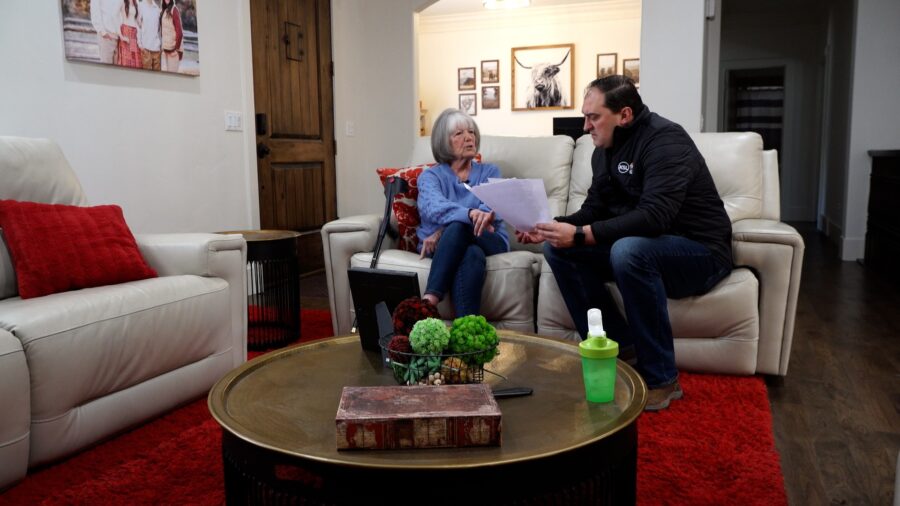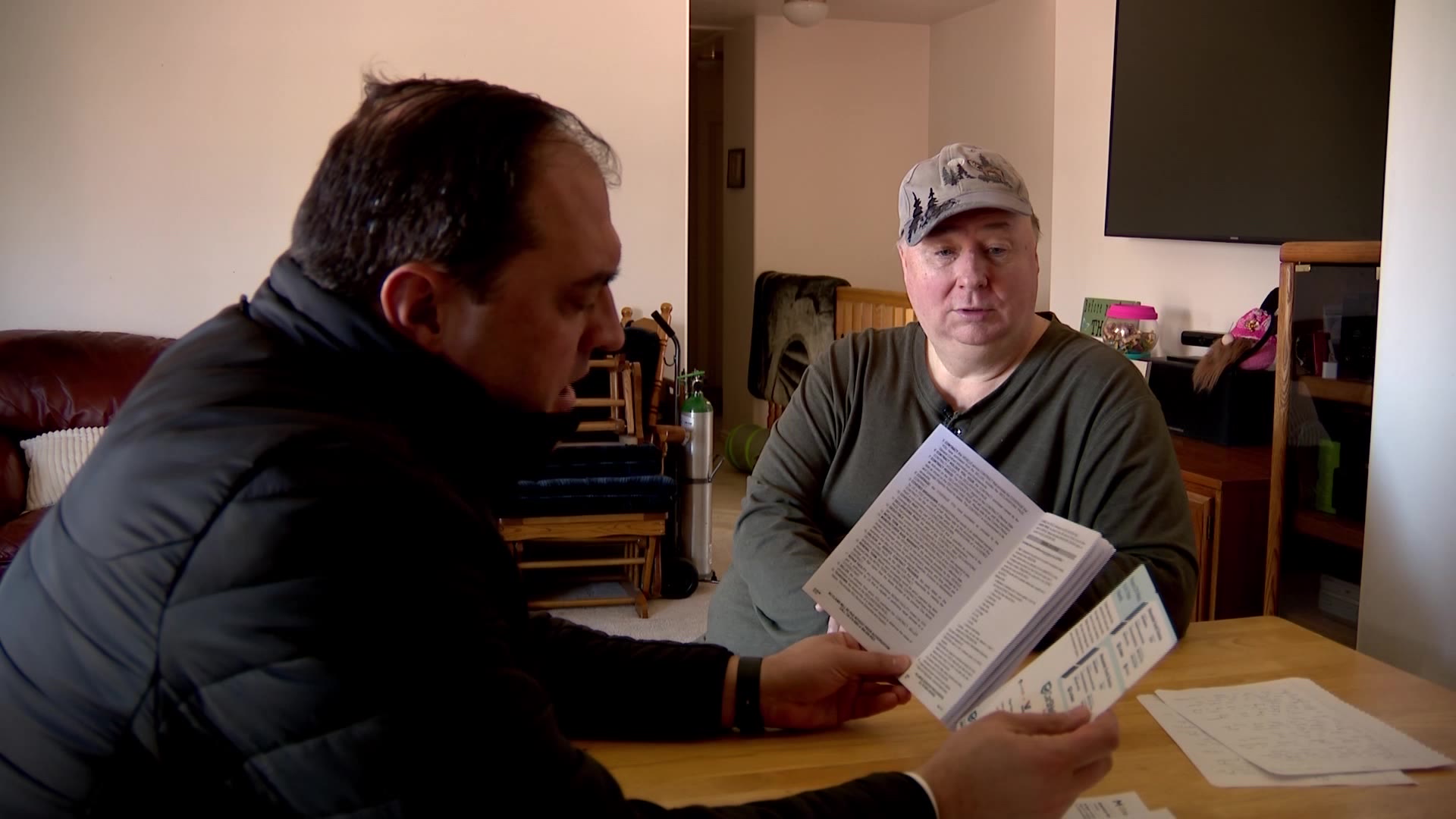Utah lawmakers pass ‘Om’s Law,’ focused on child safety in custody decisions
Mar 1, 2024, 5:26 PM | Updated: Mar 5, 2024, 12:43 pm
SALT LAKE CITY – With a unanimous vote and a standing ovation for the mother of a 16-year-old boy killed by his father last year, the Utah Senate approved a bill Friday to reform the state’s family court system.
Senators applauded a smiling Leah Moses, who’d spoken with most of them to advocate for the changes she says could have helped prevent the death of her son, Om Gandhi.
“It’s a tragic story in our family, but it won’t just be a story. Now, it can really be a legacy, and I think that that’s something that I wanted so much to give to Om,” Moses told KSL.
The measure known as “Om’s Law” directs judges to prioritize child safety in custody decisions and requires them to consider evidence of domestic violence raised in those cases. The bill, HB272, is modeled on a federal law and a similar move in Colorado last year. It now goes to the governor’s desk for approval.
The development follows reporting by the KSL Investigators on how Utah judges weigh evidence of abuse by one parent versus allegations of alienation by the other.
Mothers who reported abuse say Utah’s family court system is failing their kids
Several mothers told KSL that police and Utah’s child welfare agency documented physical child abuse by their ex-husbands, but the women faced losing custody after the fathers responded with allegations of parental alienation.
Experts in child abuse and family law say parental alienation – the concept that one parent is trying to turn the child against the other – can cloud custody decisions in cases involving allegations of violence, placing children in potentially dangerous situations. The disputed theory is commonly raised in these circumstances and can overlook other reasons why a child may reject a parent, such as neglect or abuse.
“I think Utah’s really become a model here today to show that this can be done, the work that everybody put into this brought this about today,” said Shaynie Hunter, whose experience fighting to keep custody of her children inspired one of the bill’s sponsors to push for reform.
The proposal would boost training for judges and court commissioners. It would prohibit judges from cutting off a child’s contact with the parent they prefer while participating in programs to repair their relationship with the other parent.
Under the measure, courts would only accept expert testimony about domestic violence in these cases from those with “demonstrated expertise and adequate experience in working with victims of domestic violence.”
Opponents of the bill have said it does not give enough weight to allegations of psychological harm, compared to physical or sexual abuse. They have raised concerns that it could hold courts back from responding appropriately to what they say are confirmed cases of parental alienation.
Om Gandhi, who loved to play the saxophone and planned to be a music teacher, was at the center of a child custody battle that had dragged on for more than a decade when he was shot and killed by his father Parth Gandhi, who police said then took his own life.
Moses told lawmakers in February that she repeatedly raised concerns about Om’s and his sister’s safety, but her former husband was granted full custody of the boy and accused her of alienating the children from him. Shortly before the boy’s death, a court-ordered custody evaluation recommended his mother get full custody.
“He can’t be here,” Moses said of her son. “But I feel like his presence will hopefully be felt in every family court decision here on out.”
Have you experienced something you think just isn’t right? The KSL Investigators want to help. Submit your tip at investigates@ksl.com or 385-707-6153 so we can get working for you.













